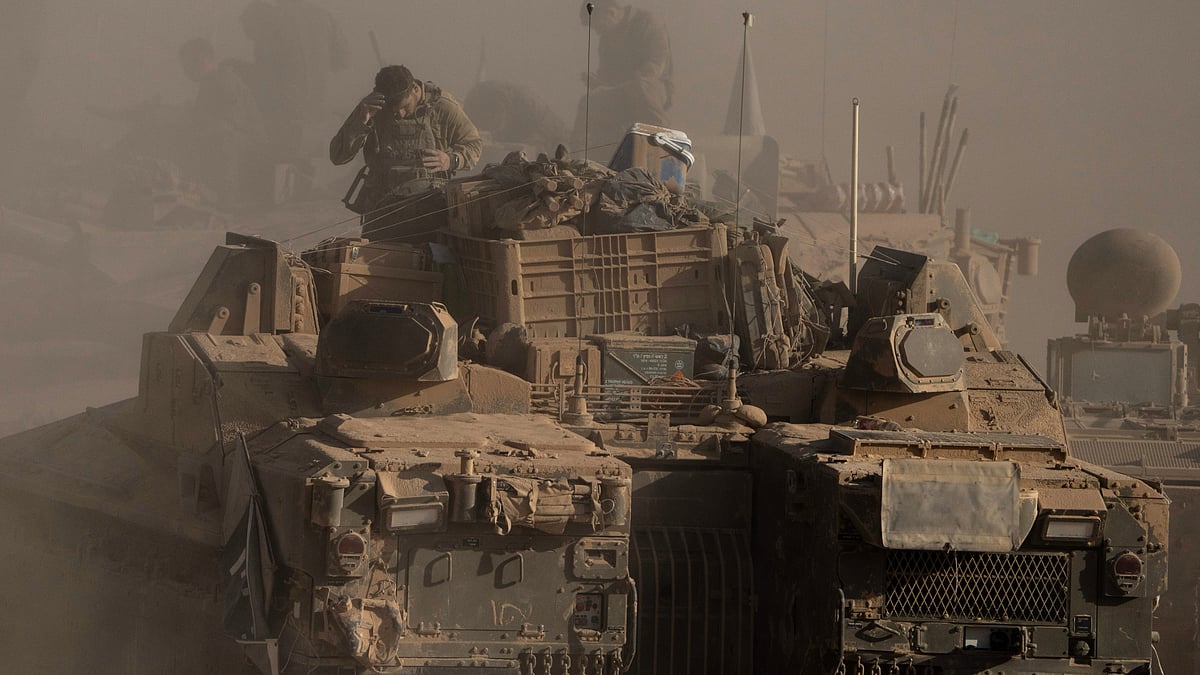World
Israel declares Gaza’s largest city combat zone as death toll tops 63,000
Benjamin Netanyahu says crippling Hamas in Gaza City is vital to prevent another 7 October-style attack

Israel on Friday, 29 August, declared Gaza’s largest city a combat zone and launched a long-planned ground offensive, recovering the remains of two hostages as the army resumed daytime fighting.
The move has drawn sharp international condemnation as Gaza’s death toll climbed to 63,025, including 322 deaths from malnutrition, according to health officials.
Plumes of smoke and heavy explosions were seen across the border as Israeli forces struck Gaza City, which it calls a Hamas stronghold. Prime Minister Benjamin Netanyahu said crippling Hamas’ capabilities there was essential to prevent another 7 October-style attack.
The offensive follows weeks of strikes on the city’s outskirts. Despite Israeli calls to evacuate, many residents and aid groups vowed to stay, saying there is no safe refuge. The UN reported 23,000 people fled this week, but hundreds of thousands remain trapped amid famine and worsening humanitarian conditions.
Published: undefined
The Holy Family Church and several NGOs announced they would continue sheltering civilians. Aid agencies warned of a collapse in medical care, with the UN saying Gaza could lose nearly half its hospital beds. The Norwegian Refugee Council said it received no advance notice of the military’s plans.
Israel confirmed recovering the remains of Ilan Weiss, 55, killed during the 7 October attack, and another hostage yet to be named. Nearly 50 of the 251 hostages taken on 7 October remain in Gaza, with about 20 believed to be alive. Families of the missing renewed calls for a ceasefire deal to bring them home.
UN agencies warned the new assault would have a “horrific impact” on Gaza’s exhausted and starving population.
With AP/PTI inputs
Published: undefined
Follow us on: Facebook, Twitter, Google News, Instagram
Join our official telegram channel (@nationalherald) and stay updated with the latest headlines
Published: undefined